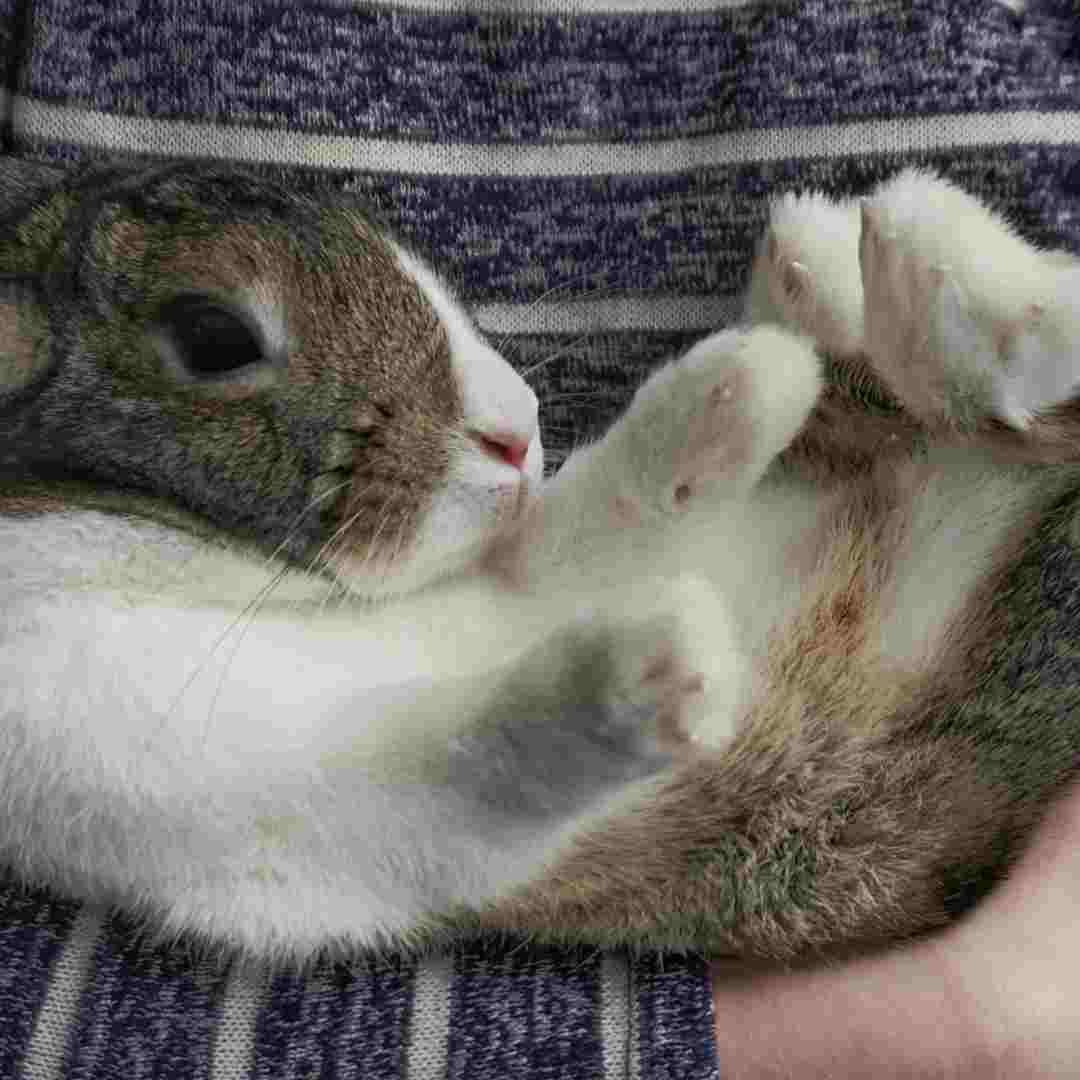Preparing for a Rabbit
Before buying a rabbit, consider these factors.
Rabbits need lots of space. They need a large cage or hutch and a secure location to play and exercise. Rabbits need frequent grooming and cage cleaning.
Rabbits need particular food. They need hay, fresh veggies, and a few pellets. To ensure rabbit nutrition, provide a range of foods.
Rabbits need friends. They need company. To keep each other company, rabbits should be bought in pairs.
Rabbits need regular vet visits. They need annual vet visits and vaccines. Spaying or neutering prevents unwanted litter.
Rabbits need lots of care. They need lots of love and playtime.
Consider these factors to ensure your rabbit's happiness and health.
Rabbit Ownership Pros and Cons
Before getting a rabbit, weigh the advantages and downsides.
Pros
Rabbits are easy pets. They are litter-box trained and easy to groom. Rabbits can also be left alone.
Rabbits are gregarious and can bond with their owners. They can learn tricks and make good companions.
Rabbits are affordable pets. They eat cheaply and need little vet care.
Cons
Rabbits need space. They need a big cage or hutch to live in and lots of space to play.
Rabbits damage too. They chew furniture and other stuff, so give them lots of chew toys.
Rabbits are hard to housetrain. Clean up after them since they mark their territory.
In conclusion, rabbit ownership can be gratifying, but you should weigh the pros and cons before adopting one. Rabbits are gregarious, destructive, and need a lot of space.
Rabbit Care
Rabbits are fun pets but need specific care. Rabbit care tips:
Rabbits need secure, pleasant housing. The rabbit should be able to stand up and move around in its hutch or cage. Place the hutch in a calm spot away from direct sunshine and drafts. Hay or straw should line the cage floor and it should be cleaned periodically.
Diet: Rabbits eat hay, fresh vegetables, and little pellets. Always provide hay and fresh veggies. Treats can make rabbits fat.
Healthy rabbits need lots of exercises. Give your rabbit a big, enclosed play area. Playpen or huge room.
Grooming: Rabbits need frequent grooming to prevent matting. Brush your rabbit once a week and cut its nails every few weeks.
Health: Visit the vet regularly for rabbit checkups and immunizations. Keep your rabbit vaccinated and alert for the disease.
These techniques will keep your rabbit healthy and happy.
Rabbit Food
Rabbits are cute pets that need a good diet. Your rabbit should eat hay, fresh veggies, and little pellets.
Rabbits should eat mostly hay. Provide high-fiber, low-protein, and calcium hay. Fiber-rich timothy hay is a wonderful choice. Your rabbit needs hay 24/7.
Your rabbit's second-largest diet should be fresh veggies. Kale, spinach, carrots, and broccoli are beneficial. Avoid feeding your rabbit potatoes and maize.
Rabbits should eat the least pellets. Fiber-rich pellets should have low protein and calcium. Overfeeding your rabbit pellets might cause obesity.
Limit treats. Sugary snacks can harm rabbits. Instead, feed your rabbit fresh produce.
Always give your rabbit clean water. Clean and disinfect the water every day.
These instructions will keep your rabbit healthy and happy.

Preventing Rabbit Health Problems
Rabbits are popular pets but have health risks. Awareness and prevention are crucial.
Dental disease in rabbits is prevalent. If rabbits don't chew, their teeth can grow too big and hurt. Hay, wood blocks, and chew toys should be given to your rabbit to prevent dental disease.
Rabbits often have gastrointestinal stasis. Gas and other toxins build up in the gut when the digestive system slows or stops. High-fiber, low-sugar, and low-fat diets for rabbits reduce gastrointestinal stasis. Your rabbit needs fresh water and exercise.
Rabbits also get fleas, mites, and worms. Clean your rabbit's habitat and treat for fleas and worms to prevent parasites. Check your rabbit for parasites like itching, scratching, or bald patches.
Preventing these common health conditions will keep your rabbit healthy and happy.